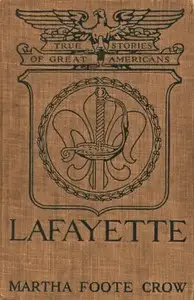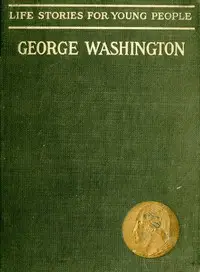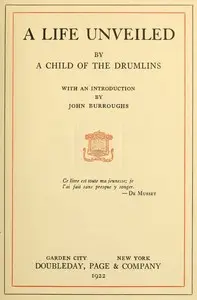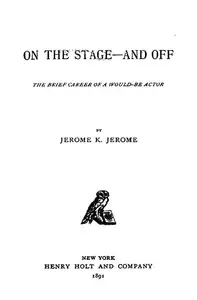"The Life of Francis Marion" by William Gilmore Simms is a historical biography that tells the story of Francis Marion, a key figure in South Carolina during the Revolutionary War. Simms shines a light on Marion's skills and his use of clever war tactics against the British army. The story begins by looking at Marion's family history and how the early settlers in South Carolina struggled. Simms shows how Marion's spirit and bravery grew from the tough times he lived through. Marion's early adventures show that he was driven by love for his country and a strong sense of what he needed to do, which led to his important role in the fight for freedom. The book starts by exploring Marion's background and the events that shaped his life and career.

The Life of Francis Marion
By William Gilmore Simms
Witness the rise of a South Carolina hero who used smarts and courage to fight for freedom during the Revolutionary War.
Summary
About the AuthorWilliam Gilmore Simms was a poet, novelist, politician and historian from the American South. His writings achieved great prominence during the 19th century, with Edgar Allan Poe pronouncing him the best novelist America had ever produced. He is still known among literary scholars as a major force in antebellum Southern literature. He is also remembered for his strong support of slavery and for his opposition to Uncle Tom's Cabin, in response to which he wrote reviews and the pro-slavery novel The Sword and the Distaff (1854). During his literary career he served as editor of several journals and newspapers and he also served in the South Carolina House of Representatives.
William Gilmore Simms was a poet, novelist, politician and historian from the American South. His writings achieved great prominence during the 19th century, with Edgar Allan Poe pronouncing him the best novelist America had ever produced. He is still known among literary scholars as a major force in antebellum Southern literature. He is also remembered for his strong support of slavery and for his opposition to Uncle Tom's Cabin, in response to which he wrote reviews and the pro-slavery novel The Sword and the Distaff (1854). During his literary career he served as editor of several journals and newspapers and he also served in the South Carolina House of Representatives.


















